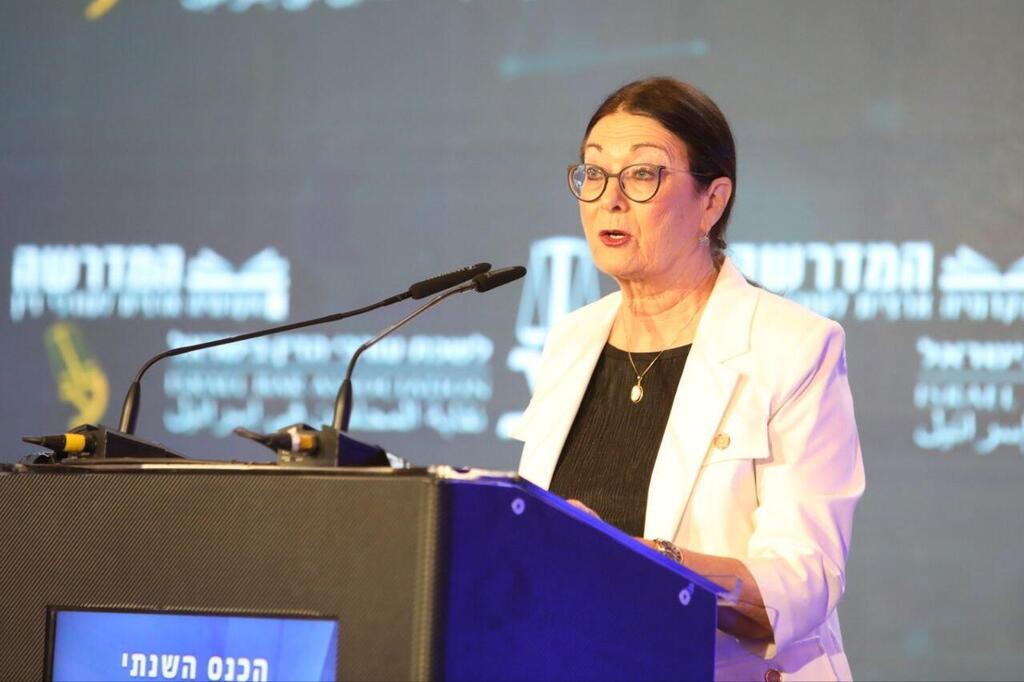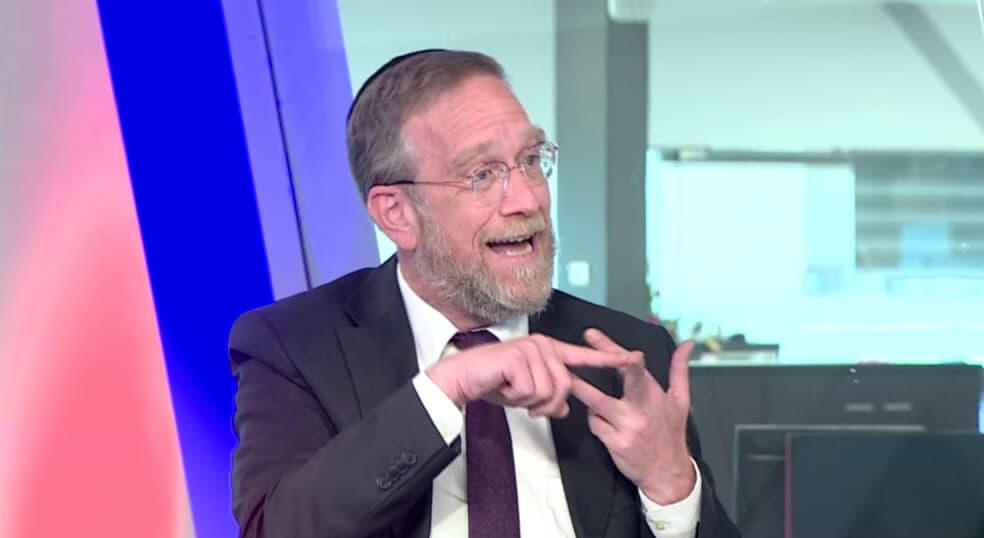Justice Justice Esther Hayut on Monday responded to the harsh criticism directed at Israel's legal system, claiming that the Supreme Court's efforts to be more transparent and the public access to more information, is a factor in public perception of the courts.
"As long as we are talking about suggestions for improvement we are happy to accept them and advance public participation and dialog but even criticism must be made with respect and decency," Hayut said at a legal conference hosted by the Israeli Bar Association in Tel Aviv.
"The courts can make mistakes and rulings can be appealed. Sometimes legislation must be amended by unfortunately today the public discourse and the constant cr4iticizm has deteriorated into dangerous areas," she said.
"In place of dialog, the rhetoric has become polarized resonating on the basis of falsehoods, speculations and bias. Such speech which targets the judicial system and judges themselves, with calls for violence against them, intends to weaken the judiciary, with the aim of destroying our system and replacing it with a docile one that will adhere to political elements," Hayut said.
The chief justice warned against politicizing the court through the judges' selection process rather than appointing judges more professionally suitable who will be able to withstand political pressure and defend citizens against the government.
In a recent statement made to religious seminary students, MK Yitzhak Pindrus, of the United Torah Judaism party, called to blow up the court.
"My dream is to bring a D9 and blow up this building," he said. Pindrus' comments aroused widespread condonations within Israel's political and judicial system.
Hayut referred to criticism over court rulings in cases of terrorists and claimed they were not lenient.
"Unlike headlines that make their way to the media, Israeli judges do not make lenient rulings in cases of terror or illegal use of arms. In fact, there is a consistency in rulings led by the Supreme Court, and binding in the lower courts, to dispense justice so as to express the gravity of such potentially devastating crimes," she said.
"Out of hundreds of rulings, some may deviate from these policies based on particulars in each case, but presenting those as the norm would be wrong."
State Attorney Amit Eisman also spoke at the event and warned of a loss of public trust.
"We are all nervously following what looks like an exponential decline in the public trust in the entire legal system - courts, public prosecution, the police, as well as the government and public institutions. Mishaps within the system lead to justified criticism, but on the other hand also unfounded criticism.
"It's every citizen's right to criticize everybody, but the critic has no control over the way in which its words are heard and absorbed and how they are interpreted," he said.
"These things take effect when the criticism is personal, directed towards particular prosecutors, judges, or police officials. We must remember, as we've recently witnessed - incitement, words, can kill," Eisman said.



